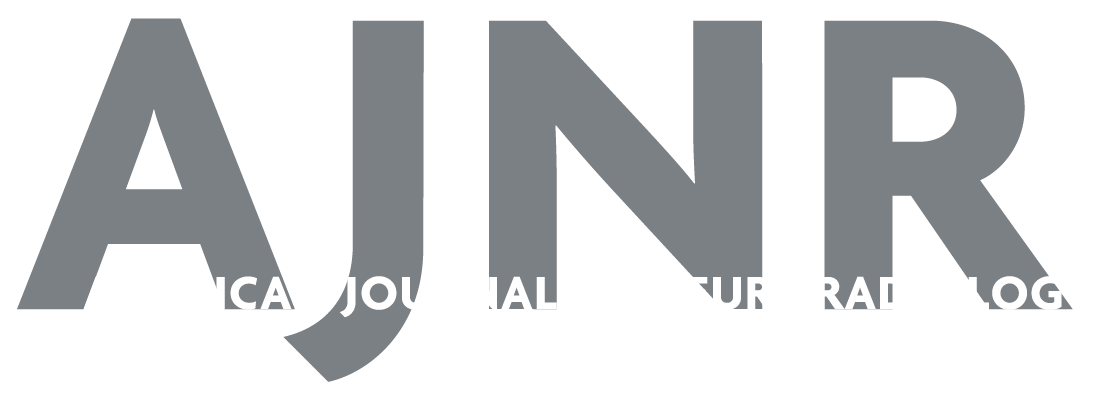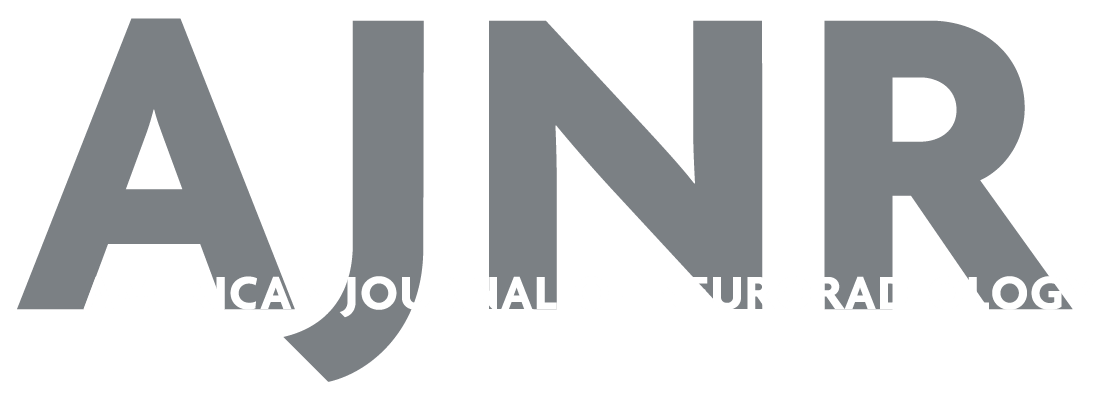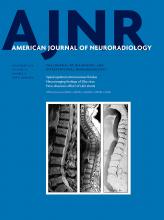We read with interest the article “Blood Flow Mimicking Aneurysmal Wall Enhancement: A Diagnostic Pitfall of Vessel Wall MRI Using the Postcontrast 3D Turbo Spin-Echo MR Imaging Sequence”1 published in the American Journal of Neuroradiology in 2018.
We would like to congratulate the authors for a very well-written article on a subject that may strongly affect the interpretation of vessel wall enhancement obtained on 3T brain MR imaging.
Several studies2,3 performed on various MR imaging units have demonstrated that aneurysm wall enhancement may be a marker for instability, thus a noninvasive biomarker for patient counseling and therapeutic decision-making. In this article, the authors demonstrated that part of the enhancement may be due to intra-aneurysmal slow blood flow because the wall enhancement decreased and sometimes vanished when a motion-sensitized driven equilibrium sequence was used. We agree that T1-shortened enhanced blood signal near the wall may cause nonspecific wall enhancement-like signal. However, in our opinion, the observation that slow-flow artifacts may contribute to the observed wall enhancement does not invalidate the fact that contrast enhancement is strongly linked to aneurysm status.2
Computational fluid dynamics studies4 demonstrated that slow flow contributes to low wall shear stress, hence promoting aneurysm wall inflammation. Slow flow, low wall shear stress, and wall inflammation probably all contribute to the observed enhancement. We agree that histopathologic confirmation is strongly warranted to confirm the inflammatory nature of aneurysm wall enhancement.
References
- © 2018 by American Journal of Neuroradiology












